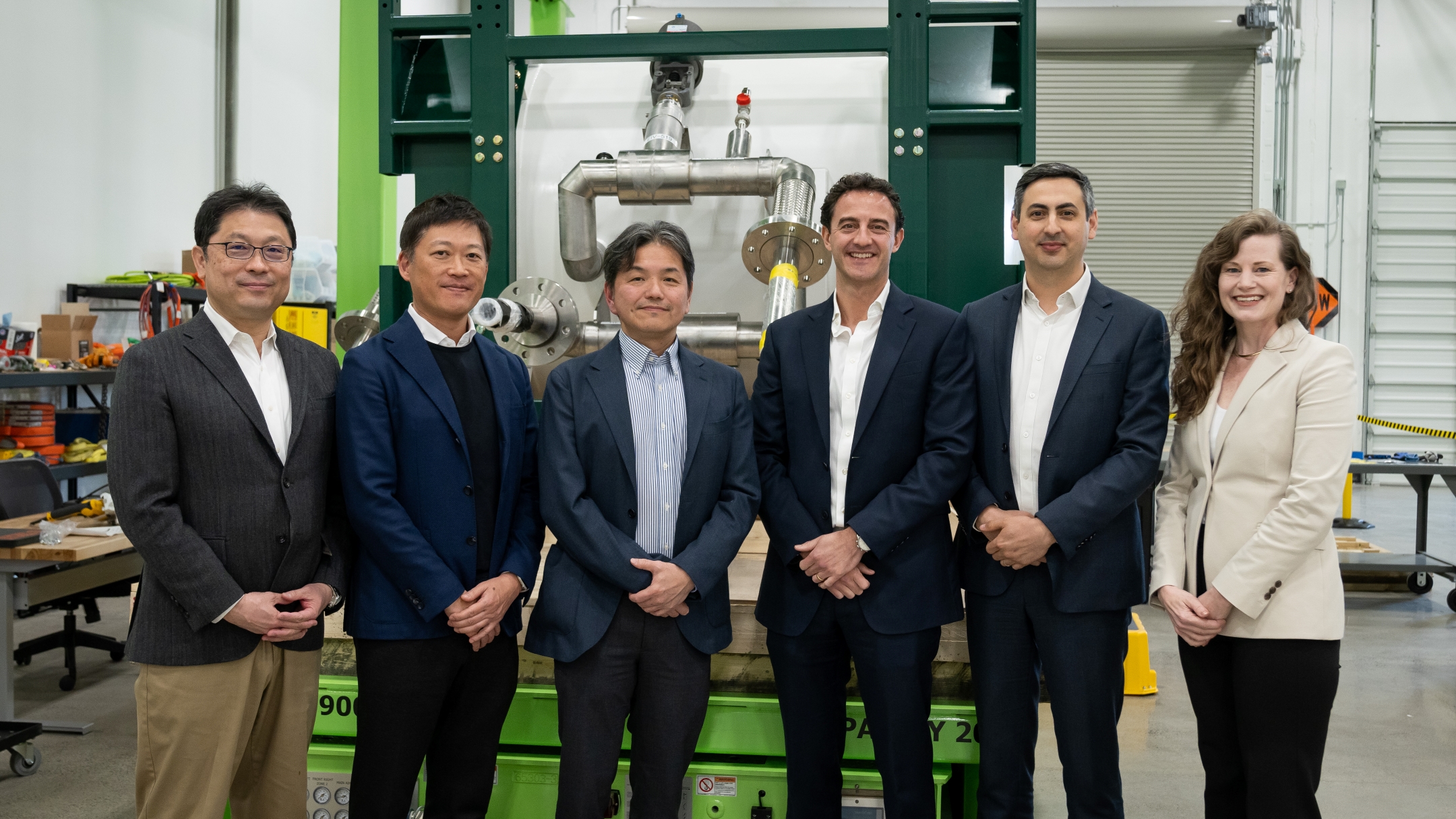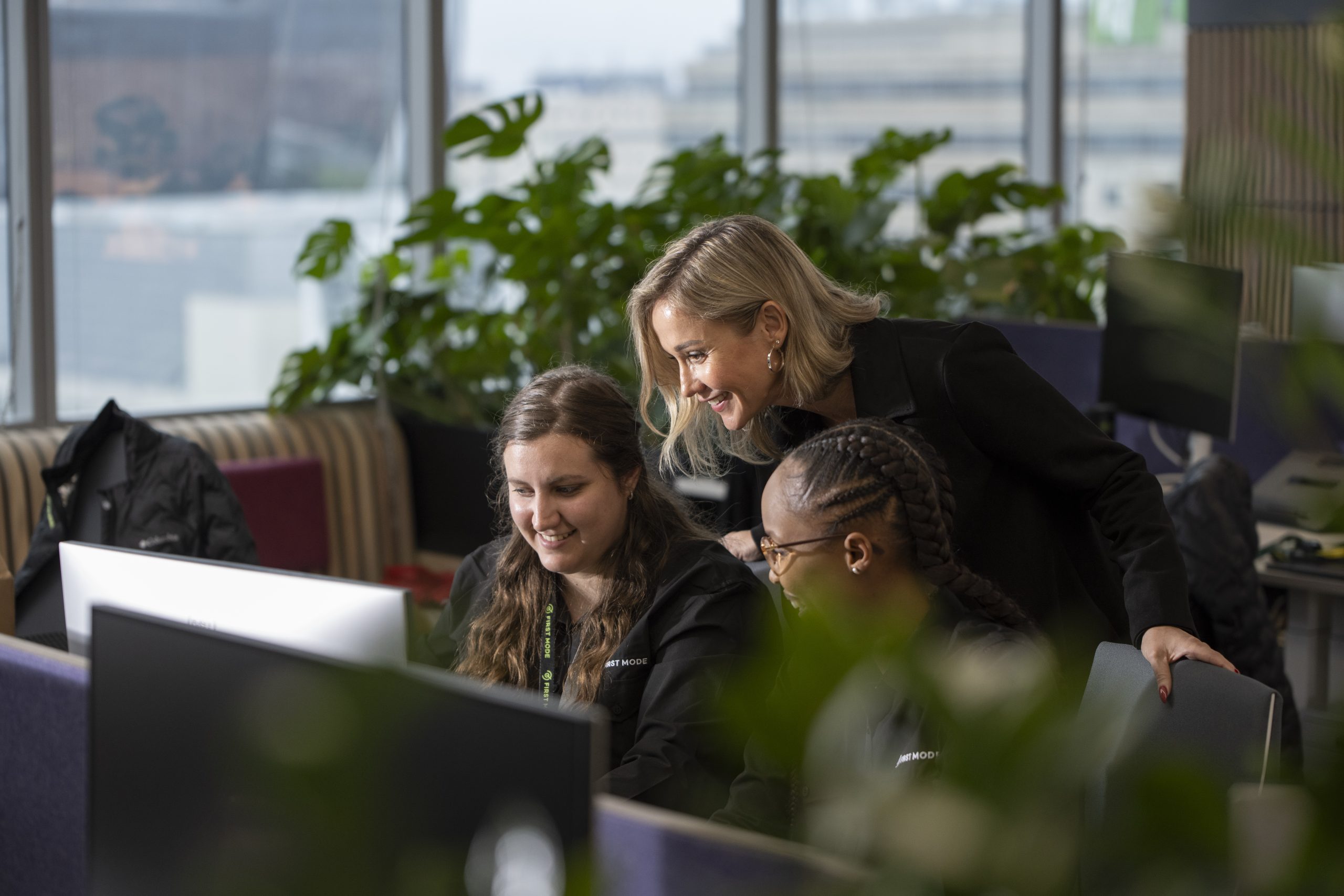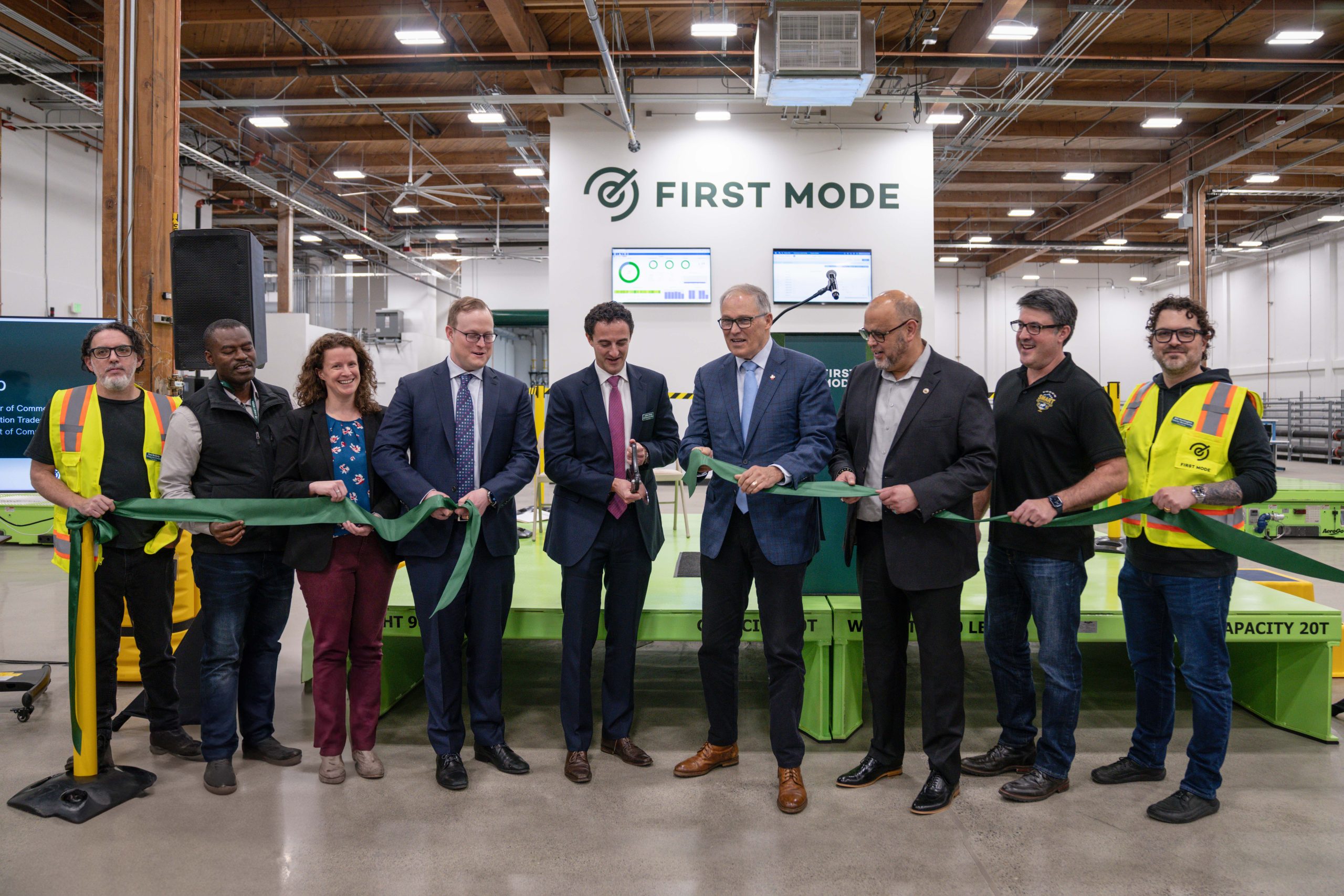by Josh Sweere, Principal Systems Engineer
Systems Engineering, at its core, is about a dogged focus on the problem you are facing instead of any single implementation. This is an unnatural exercise. Humans much prefer clear direction and confident paths. Yet, those who embrace this disciplined approach have achieved some of humanity’s greatest feats: they have landed a man on the Moon, built the International Space Station, created self-driving vehicles, and invented new products like the smartphone.
First Mode was founded on the understanding that this approach to problem-solving has an increasingly important role in solving our most complex and pressing issues. Therefore, we are constantly taking a critical look at the issues we face today. Complex challenges with no clear solution — or scenarios where the implementation was chosen before the problem was properly understood — present opportunities for First Mode to work our systems-engineering magic.
The Washington State Ferry (WSF) system presented one such opportunity in their effort to eliminate greenhouse gas (GHG) emissions across their fleet by 2040. It caught our attention as it drew parallels to our work on large-scale clean mobility platforms for heavy industry. The WSF system is also near and dear to our hearts. Our team can see WSF vessels from our office windows, and our employees are passengers on a daily basis.
Our curiosity drove us to investigate the WSF problem further. We found a combination of an urgent need for change, the existence of multiple local clean mobility projects, and access to resources that could allow for interesting solutions. Washington Governor Jay Inslee’s Executive Order 18-01 dictated a transition to a ferry fleet with zero GHG emissions – a goal echoed in the recent WSF 2040 Long Range Plan . These efforts are complemented by similar initiatives for the region such as King County METRO’s plan for a zero GHG emission bus system, and garbage trucks powered by renewable sources. Additionally, Washington has unusual access to clean energy sources, including the greatest amount of hydroelectric power in the nation.
This combination of factors drew a strong comparison to an active project here at First Mode – an effort to transition a similarly-sized mobility platform to clean operation. Hydrogen fuel cells proved an attractive solution in that context.
Yet a study by Elliott Bay Design Group, prepared for WSF to prove feasibility of a zero GHG emission solution, focused entirely on a hybrid diesel electric solution that — while notably identifying a path to lower GHG emissions for the WSF system — seemingly ignored hydrogen fuel cells, as well as the secondary factors such as access to clean power and parallel clean conversion efforts. It seemed a classic instance of focusing on an implementation instead of the problem at the core.
First Mode evaluated the feasibility of a hydrogen system for WSF to illustrate that there could be a variety of solutions that deserve a closer look. We began by identifying the technical and operational requirements of the same WSF route and vessel evaluated in the Elliott Bay Design Group study. We then assembled a mock system using commercially available hydrogen fuel cell technologies that could be integrated into a ferry platform to meet these requirements.
Our calculations showed that a hydrogen fuel cell ferry has the potential to operate with significantly lower GHG emissions than the hybrid diesel proposal, albeit at (slightly) higher cost. While the rigor of our assessment is lower than the Elliott Bay Design Group efforts, our early calculations indicate that this problem deserves a closer look. If our estimations hold up under inspection, hydrogen fuel cells could prove extremely effective in achieving WSF’s goals, and investment here could enable new paths for other Washington area green initiatives.
At its heart, reducing our carbon footprint is a multifaceted, complex systems engineering problem. The goal is laudable, but the current approach is not. We cannot meet our targets if we view each ferry, bus, and truck as an isolated emissions problem. Washington has a rare chance to look at the big picture and find a solution that appreciates the interfaces between our transportation networks, our energy supply chains, and our infrastructure. This unprecedented challenge cannot be addressed with incremental improvements or half measures – the nature of this issue requires bold steps and radical solutions.
Want to work with us? We’re hiring! First Mode draws on the exceptional talent and creativity of its multidisciplinary team to solve the toughest problems on and off the planet. Check out our open positions in Seattle and Perth.




